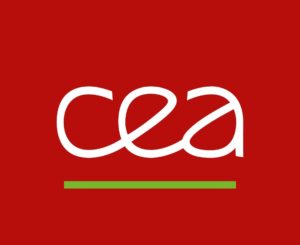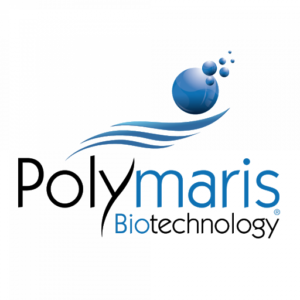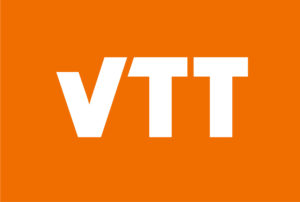This test case is focusing on the optimisation and scale-up of bio-based sport goods, replacing current material by biofoam with high mechanical strength and antimicrobial properties. The goal is to find a bio-based substitute for EPP bead foam which has similar elastic properties and can be used in sports applications


Facts & Figures
- Polymaris produced 25 kg PHBV for trials at CEA and Fraunhofer ICT
- Foaming of compounds from CEA / own compounding of recipe developed by CEA
- Upscaling and production of 5 kg ORMOCER®-formulation CBS_026_II, application with a automated spraying unit
- WSVK received a small amount of foamed PBS for testing



